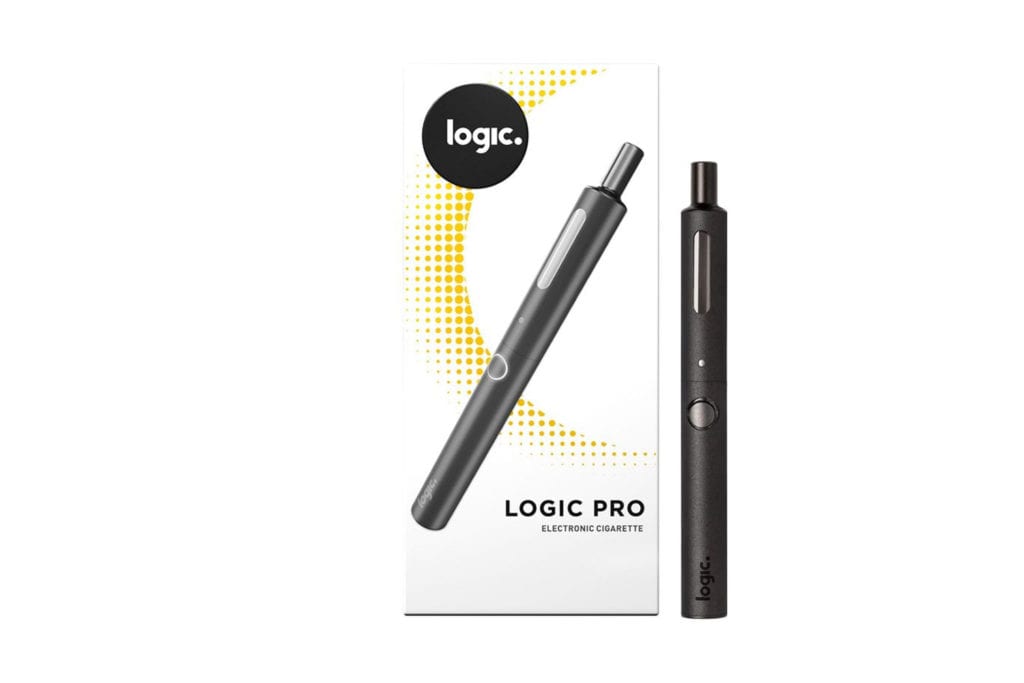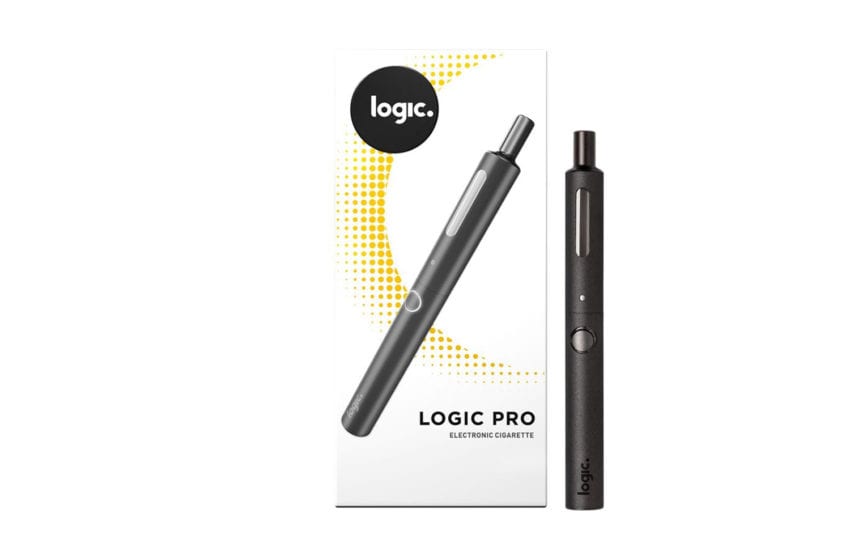
The U.S. Food and Drug Administration has authorized several tobacco-flavored ENDS products from Logic Technology Development under the Logic Vapeleaf, Logic Power and Logic Pro brands, including devices.
Logic Technology is the vape product arm of Japan Tobacco International.
Based on the Logic’s product applications, the agency concluded that the likely benefit for adult smokers who cease or significantly reduce their cigarette consumption outweighs the risk to youth, provided that the company follows postmarketing requirements to reduce youth access and youth exposure to their marketing.
At the same time, the agency issued marketing denial orders to Logic for multiple other ENDS products, which the company must now remove from the market. Applications for additional Logic products, including menthol, remain under FDA review.

We know that there is a demand among adult smokers to use e-cigarette products to try to switch from more harmful combusted cigarettes, but millions of youth are using these products and getting addicted to nicotine.The balance of these issues was considered by the agency’s career scientists when evaluating the potential marketing of e-cigarette products.
Robert M. Califf, FDA Commissioner
The FDA’s review of the applications for the products authorized today determined that the marketing of the tobacco-flavored products and associated components is appropriate for the protection of the public health.
Specifically, available data showed that current tobacco users who used these tobacco-flavored products were more likely to significantly decrease their use of combusted cigarettes and that those who don’t smoke are unlikely to start using these products.
Most study subjects decreased the number of combusted cigarettes they smoked each day by greater than 80 percent, from an average of 13-16 cigarettes per day at screening to 1-2 by day 59. The data also showed that the products produce fewer or lower levels of some toxins, like carbon monoxide, than combustible cigarettes and the products’ abuse liability, or their ability to encourage continued tobacco use, addiction or dependence, was lower than that of combusted cigarettes.
“We know that there is a demand among adult smokers to use e-cigarette products to try to switch from more harmful combusted cigarettes, but millions of youth are using these products and getting addicted to nicotine,” said FDA Commissioner Robert M. Califf in a statement.
“The balance of these issues was considered by the agency’s career scientists when evaluating the potential marketing of e-cigarette products. They have made great progress and I know they will use the best available evidence with the most robust methods to ensure that products that continue to be marketed are appropriate for the protection of the public health.”
“We take the quality of our products extremely seriously, along with the way they are marketed and sold, and we are proud that we have received marketing orders from FDA for our Logic products to remain on retailers’ shelves,” said Corrado Mautone, president of Logic, in a statement.
“By receiving FDA marketing orders now, Logic can remain a reliable partner for retailers going forward,” said Mautone.
Logic, based in Teaneck, New Jersey, is a part of the JT Group of Companies. JTI is a leading international tobacco and vaping company with operations in more than 130 countries. Headquartered in Geneva, Switzerland, JTI employs over 50,000 people and was awarded Global Top Employer for the eighth consecutive year.
The FDA has taken action on approximately 99 percent of the nearly 6.7 million ENDS products submitted for premarket authorization, including issuing marketing denial orders for more than 1 million ENDS products.
The agency says it is close to making additional decisions on applications for popular ENDS products that account for a large part of the market. The continued marketing of these products has the potential to have a substantial public health impact—either positively or negatively—as they hold an overall large market share and are used by a lot of people.











